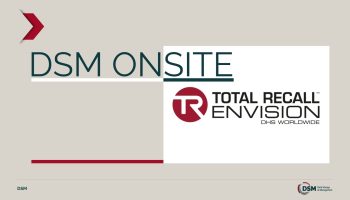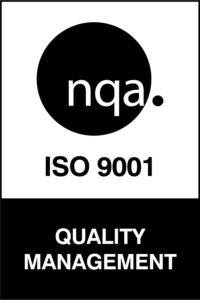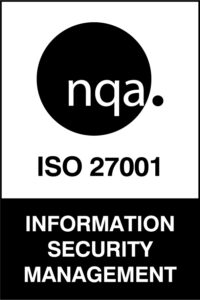In the manufacturing and engineering sectors, precision, compliance, and operational efficiency are non-negotiable. Yet many organisations still rely on outdated, paper-heavy processes to manage critical information, from quality assurance records and maintenance logs to supplier contracts and health and safety documentation.
As the industry embraces smart manufacturing and digital transformation, effective records management no longer a back-office function; it’s a strategic enabler.
The Hidden Cost of Paper-Based Processes
Manufacturers often operate in highly regulated environments, where documentation must be retained for years to meet ISO standards, health and safety regulations, and customer audit requirements. But storing these records in physical form introduces several challenges:
- Limited Accessibility: Retrieving documents from filing cabinets or off-site storage slows down audits, inspections, and decision-making.
- Compliance Risk: Inconsistent retention practices and poor version control can lead to non-compliance with GDPR, ISO 9001, and sector-specific standards.
- Operational Inefficiency: Time spent searching for records or duplicating paperwork is time lost on value-adding activities.
- Space and Cost Pressures: Physical storage consumes valuable floor space and incurs ongoing costs.
Digitisation: A Practical Step Towards Industry 4.0
Digitising records is a foundational step in modernising manufacturing operations. It enables:
- Faster Access to Information: Digital documents can be retrieved instantly, supporting quicker audits, root cause analysis, and supplier reviews.
- Improved Compliance: Digital records can be indexed, encrypted, and linked to retention schedules—helping meet GDPR and ISO requirements with confidence.
- Enhanced Traceability: Version control and audit trails ensure that the right people access the right documents at the right time.
- Business Continuity: Digital backups protect against fire, flood, or accidental loss; critical in environments where downtime is costly.
Best Practice: Aligning Records Management with Operational Goals
Manufacturers should begin by identifying high-risk or high value records, such as quality control logs, equipment maintenance records, or regulatory submissions and prioritise these for digitisation.
A structured records management policy, supported by secure off-site storage and digitisation services, ensures that information is both protected and accessible. At DSM, we help engineering and manufacturing clients implement defensible destruction policies, digitise legacy records, and align with GDPR and ISO standards.
Looking Ahead: Building a Smarter, Safer Operation
As manufacturing continues to evolve, driven by automation, data analytics, and sustainability goals; organisations that modernise their records management will be better positioned to adapt.
By embedding best practice in records control, data protection, and digital access, manufacturers can reduce risk, improve efficiency, and unlock the full potential of their operational data.
By partnering with DSM, companies can ensure their document retention needs are managed securely and compliantly. Our commitment to excellence and customer satisfaction makes us a trusted partner in the life sciences industry.
If you’re a current DSM customer, now is the perfect time to explore how our scanning services can complement your existing records management strategy. And if you’re new to DSM, we’d love to show you how digitisation can unlock efficiency, compliance, and peace of mind.
Visit www.dsm.ie or contact us at info@dsm.ie / +353 61 332206 to learn more.













